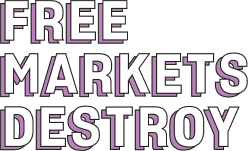The Igbo people in Nigeria have a unique culture that has given them a huge stage in the country and makes their people one of the leading holders of investments in the region. Their complicated past is full of suppression from migration patterns and civil conflicts, but all of their history has developed a culture which adopts positive attitudes towards entrepreneurship and innovation.
Much of their culture revolves around the accumulation of wealth as a way to become worthy to rest in the afterlife with the ancients. Because of this, even their language and proverbs are shaped around hard work, individual earning, and prosperity being all positive aspects. This has lead their people to quickly become some of the most well-off in Nigeria, bringing bountiful profits to help raise the area from its dire poverty. As might be expected, however, the community also seeks to take care of those among them who are unable to work hard, and though individual work ethics are promoted, the strong cultural ties also mean neighbors help those who are less fortunate, all voluntarily. As Lipton Matthews writes for the Mises Institute:
[Yet] despite the passion for seeking wealth, Igbo culture is undergirded by ethical principles. Wealth obtained by fraudulent means is seen as unworthy of emulation by Igbos. Indeed, the Igbo proverb Aku luo uno okwuo ebe o si (when wealth gets home, it declares its source) illustrates the importance of ensuring that the community remains untainted by illegitimate sources of wealth. Similarly, the ethical world view of the Igbo people affirms acceptance of egalitarian individualism.
Such an example of a free market culture in a globally poor region shows that as long as opportunity for free exchange exists, a will to improve lives of individuals and their neighbors can thrive. While the culture primarily is driven by a self-interest to elevate your status in this life and the next, it has demonstrably made life in the region better for everybody.










